Just as despair can come to one only from other human beings, hope, too, can be given to one only by other human beings
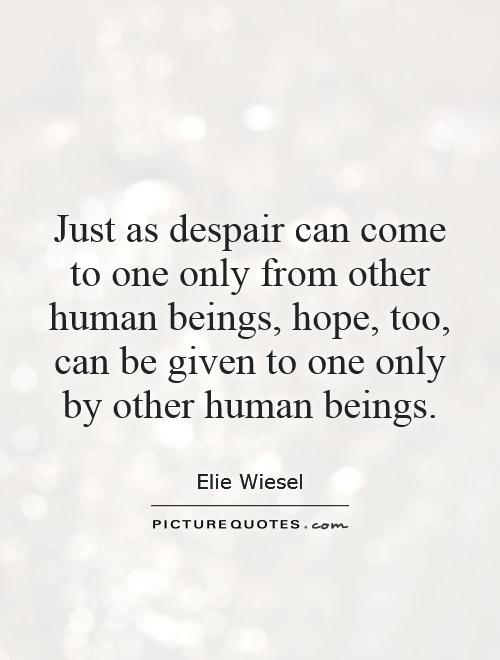
Just as despair can come to one only from other human beings, hope, too, can be given to one only by other human beings
Elie Wiesel, a Holocaust survivor and Nobel laureate, understood the power of human connection in times of despair and hope. Throughout his life, Wiesel experienced the depths of despair during his time in concentration camps, but also found moments of hope through the kindness and compassion of others.Wiesel's most famous work, "Night," chronicles his experiences as a teenager in Auschwitz and Buchenwald during the Holocaust. In the face of unimaginable suffering and loss, Wiesel grappled with the question of how to find hope in such a dark and hopeless place. He witnessed the worst of humanity in the atrocities committed by the Nazis, but he also saw glimmers of hope in the small acts of kindness and solidarity among prisoners.
One of the most poignant examples of hope in "Night" is the relationship between Wiesel and his father. Despite the harsh conditions of the camps and the constant threat of death, Wiesel's father remained a source of strength and hope for him. Their bond helped Wiesel endure the unimaginable horrors of the Holocaust and gave him the will to survive.
In addition to the support of his father, Wiesel also found hope in the solidarity and compassion of other prisoners. In the midst of despair and suffering, Wiesel witnessed acts of kindness and selflessness that gave him the strength to carry on. Whether it was sharing a piece of bread, offering words of encouragement, or simply holding onto each other in the darkness, these moments of human connection provided a glimmer of hope in the midst of despair.
After the Holocaust, Wiesel dedicated his life to bearing witness to the atrocities he had experienced and advocating for human rights and peace. He believed that by sharing his story and speaking out against injustice, he could inspire others to find hope in the face of despair. Wiesel understood that hope is not a solitary pursuit, but a collective effort that requires the support and compassion of others.
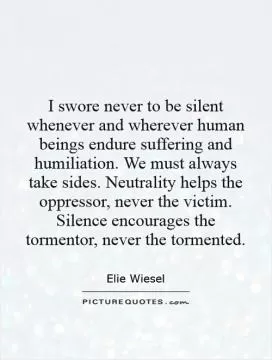
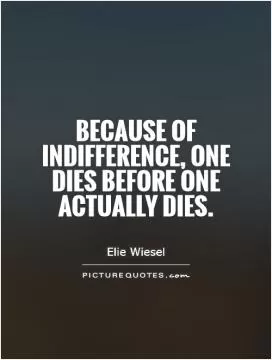



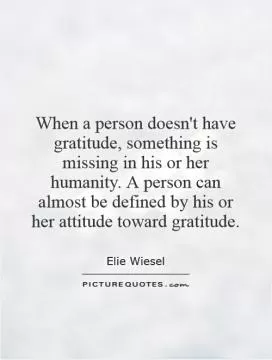
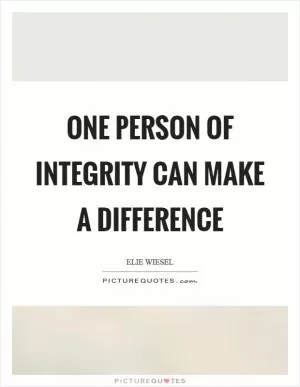
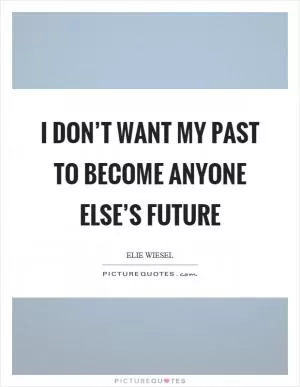
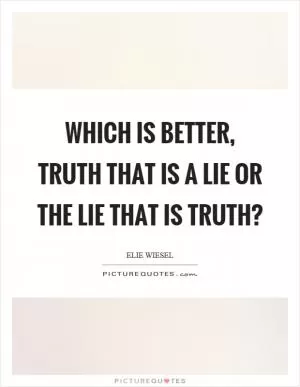
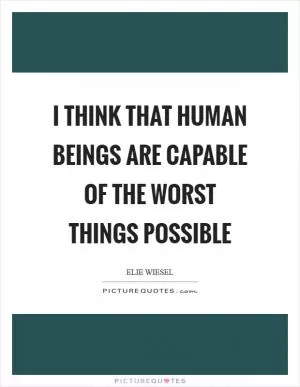
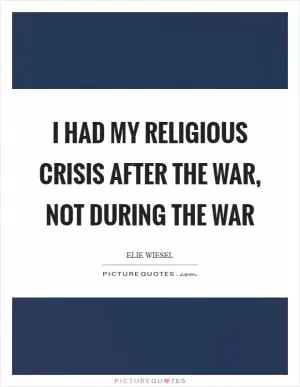
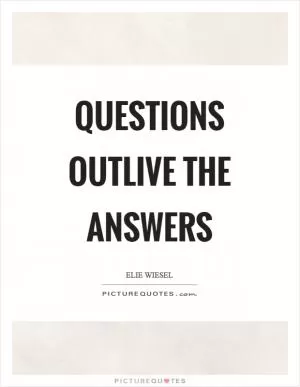
 Friendship Quotes
Friendship Quotes Love Quotes
Love Quotes Life Quotes
Life Quotes Funny Quotes
Funny Quotes Motivational Quotes
Motivational Quotes Inspirational Quotes
Inspirational Quotes